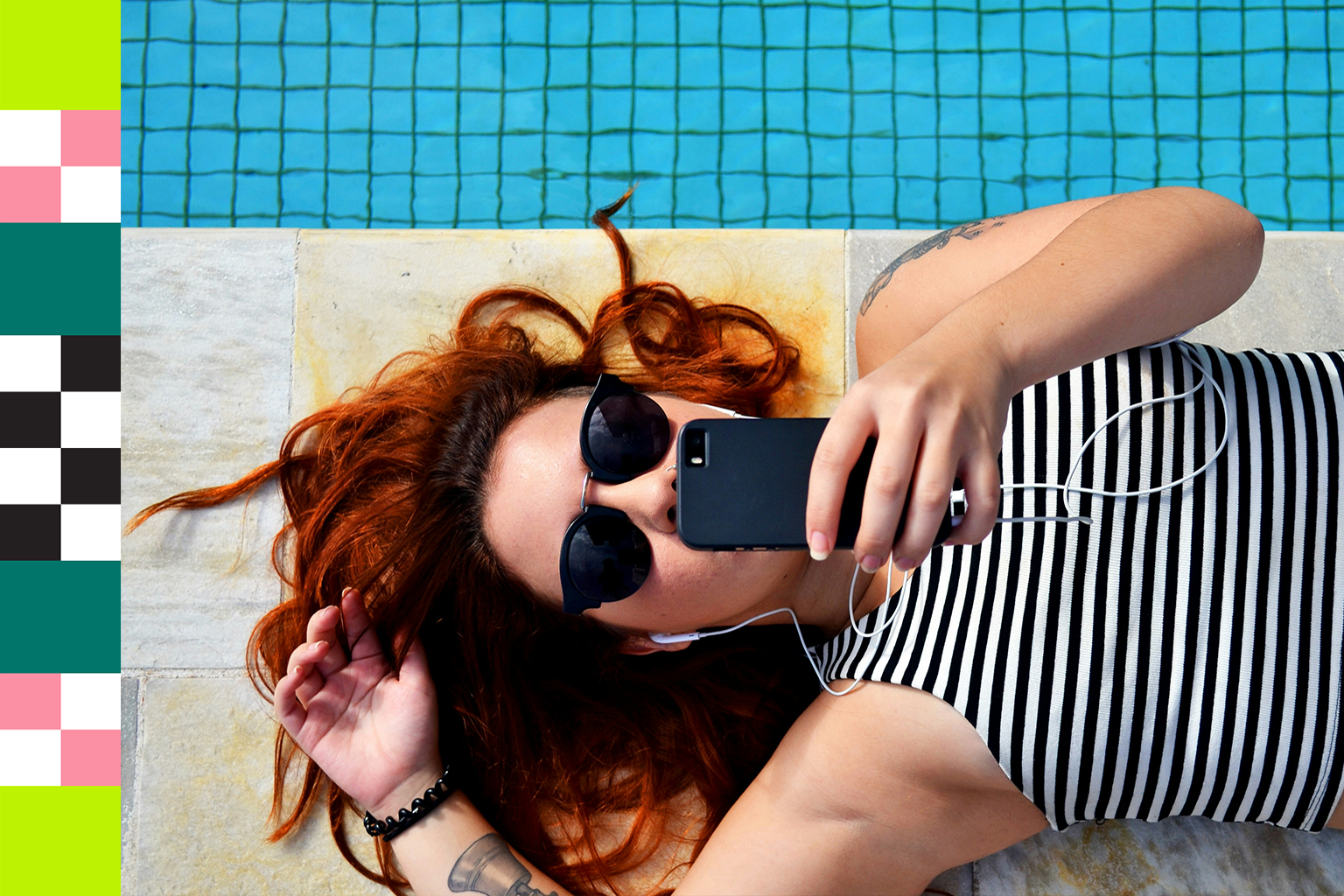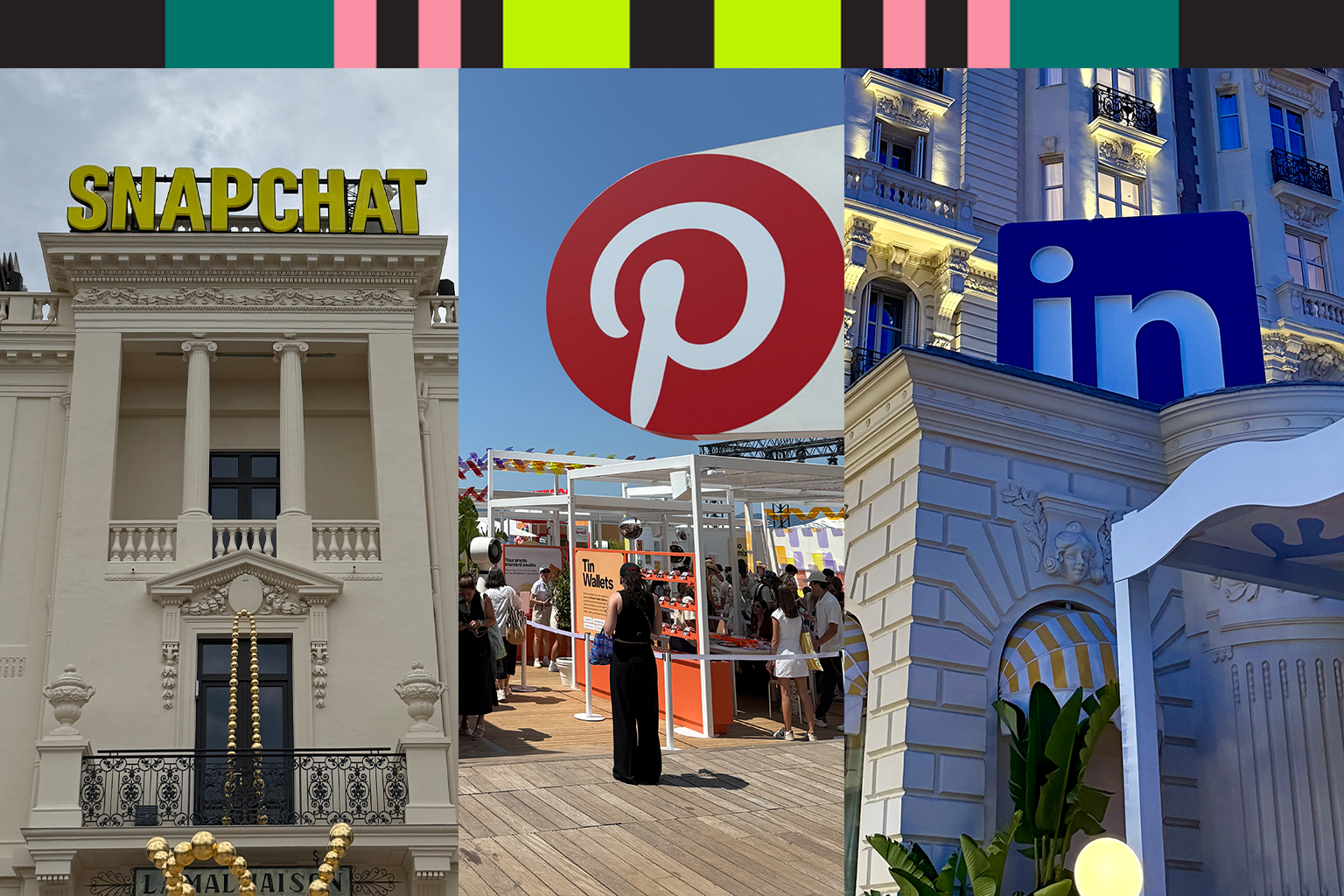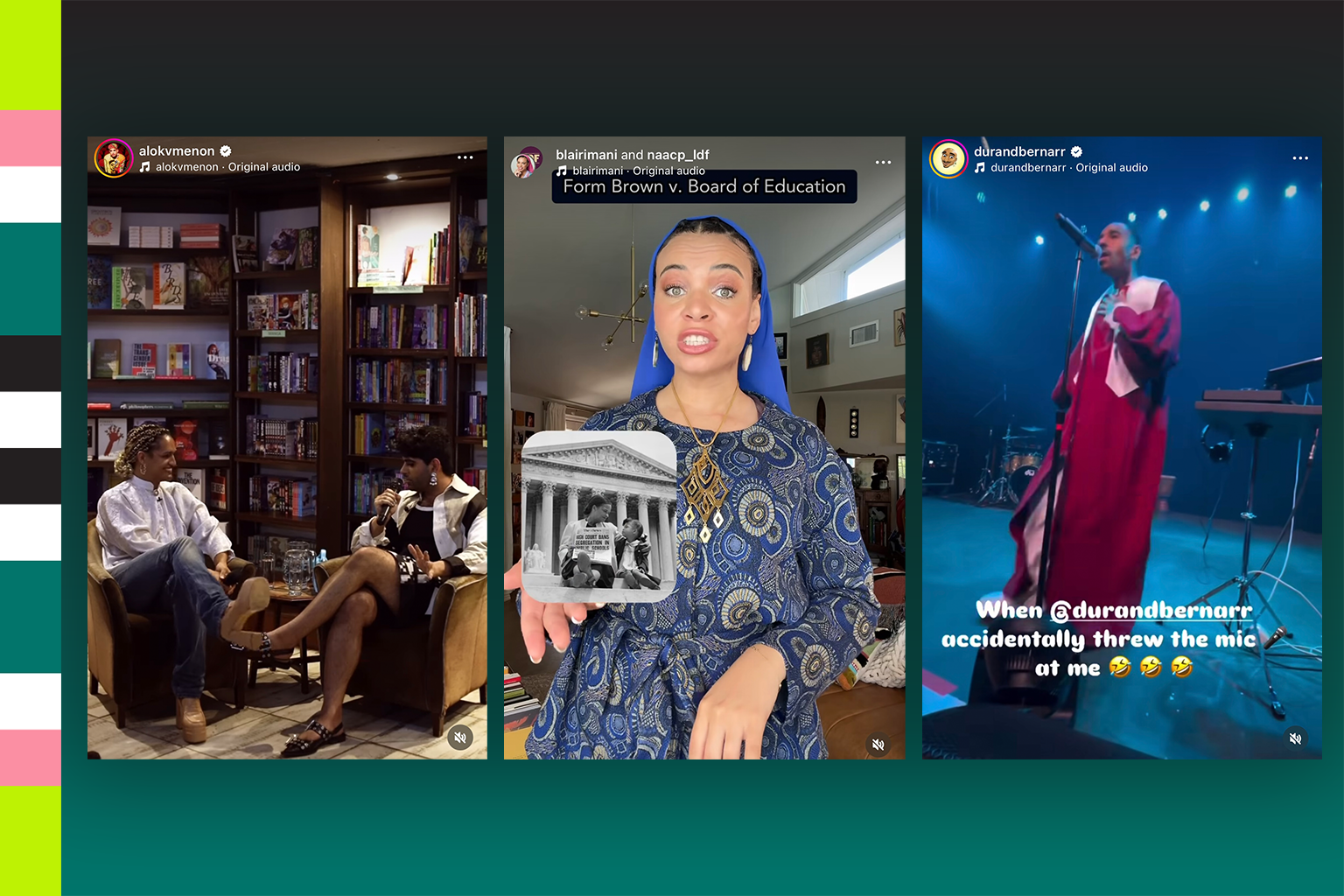ARTCRANK is a pop-up art show of bike-inspired posters that began in Minneapolis in 2007. Since then, they’ve been staging “bike art parties” in cities across the U.S. and beyond, including shows in Portland, San Francisco, Los Angeles, Denver, Austin, Chicago, New York, Boston, London and Paris.
The Minneapolis show features handmade, bike-inspired posters by local artists, and regularly attracts crowds of 5,000+. The Call For Artists for the 2016 show in June is now open. If you’re a designer, illustrator, art director or artist who lives and works in the Twin Cities, you definitely want to check this out: http://bit.ly/MSPArtists. The Call For Artists closes on Saturday, March 19, and the final artist roster will be announced the following week.
 Photo by Rhea Pappas
Photo by Rhea Pappas
ARTCRANK: A company that fosters creativity, supports local artists, celebrates cycling culture, and in many cases, serves as a springboard to entrepreneurial endeavors. We had to know more and invited ARTCRANK’s founder Charles Youel for an interview. Our conversation covered many facets of entrepreneurship, creativity, and communication. Read on for a recap.
Let’s start at the beginning – late 2006, when Charles was working as a Copywriter and Creative Director in Minneapolis. “The majority of the work that I was doing at that point in my career was digital, which was really cool because it was the beginning of the use of the internet as a marketing tool.”
While he enjoyed exploring this largely uncharted territory, something was missing. The first ARTCRANK show “grew out of my desire to combine things that I really loved: design/illustration/screen printing posters and cycling.” But rather than just create a website or blog to showcase these personal passions, Charles wanted to do it in a way that was the opposite of his day job – host a live event in a physical place at a specific time. ARTCRANK was born.
The first event was shared solely through word-of-mouth, and it worked. It worked so well, in fact, there was a line out the door and over 500 attendees over the course of the evening. Demand was there, so Charles & friends continued to supply an annual ARTCRANK fix in Minneapolis. Even as the event grew, he continued to work full-time.
“Like a lot of people, that full-time job disappeared in the beginning of 2009 and I found myself at a crossroads professionally. I chased down three or four jobs, that a year before then would’ve seemed like dream jobs to me.” But rather than transitioning from one agency gig to the next, something was different this time around. “After the second or third interview I’d go out and sit in my car and just think about it, ‘No, I can’t do this. I’m not ready to go back to this again.‘”
Naturally, a new option emerged; one that was too intriguing to ignore. “I knew that if I didn’t use that opportunity to see if this thing that I created had traction and possibility beyond an annual event in one city that I would regret it for the rest of my life.”
With Charles on board full-time, ARTCRANK went from one show to five shows over the course of a year. And it just kept growing from there. The first show outside of the Twin Cities was in Denver. “That turned out to be a really valuable partnership. I was used to doing it one way in Minneapolis and to see how someone else interpreted that experience [was eye-opening].”
So they layered more onto the experience—different variations to make each show reflect the character of each community. Nine years later, ARTCRANK organizers still live by this principle. After all, “If the experience doesn’t evolve and improve year after year, then it becomes predictable.” Where’s the fun in that?
As with any startup, there were plenty of learning experiences along the way. An early challenge was figuring out the business model and monetization opportunities. “We don’t charge admission, and most of the revenue from the posters go to the artists, so how to we make money?”
The team realized a solid infrastructure was required, so they started working with sponsors, but not just any sponsors. Given the unique nature of the ARTCRANK experience, it’s “not the whole, put a banner up, thanks for sponsoring us” drill. While vetting potential partners Charles was careful to consider, “Is there a way to work with this brand that will make our event experience better?”
 Photo by Rhea Pappas
Photo by Rhea Pappas
We’d be remiss not to mention that social media was an integral part of the rapid growth of ARTCRANK. In the early days, it was Facebook + Twitter, engaging in conversations around bikes and art, fielding inquiries to bring ARTCRANK to new cities, and getting the word out to artists in each new city.
Instagram has played an evolving role in the communication process. “Originally, Instagram was about sharing the experiences of the live shows, and the work we’ve done historically.” Since the launch of their e-commerce shop in September 2015, Instagram has become a key tool in communicating ARTCRANK to thousands of new people. “Part of the challenge in selling handmade work in an age when people associate ‘print’ with Command-P, is helping people understand that this is something that is in fact handmade.” Any one poster, “requires hours and hours of work—not just of creative development, but physically applying it to paper. So part of what we do to demonstrate the value of our products is show people how they’re made.” Thanks to Instagram, Charles has been able to tell this story and share the creation process through short, succinct ‘grams.
The leap to launching an e-commerce presence was a pivotal (and predictable) one. Now ARTCRANK can be shared with artists and customers without the bounds of geography. “The ability to make those connections amplified what we were able to do with expanding our business.” With Instagram being “such a visually driven medium, it’s been a great way for us to discover people we want to work with.”
Launching an e-commerce site is simple, right?
As Charles puts it, “The best word to describe it would be whiplash.” They had been thinking about it for so long that “the act of making the transition felt pretty simple and very logical. But actually doing it… and how that affects the way we communicate and how we work, has been fundamental.” Rather than your standard site offering ‘swag’ and ‘branded gear’ between events, the ARTCRANK team wanted the online experience to reflect the character of their live events. In other words, it’s “not just handmade work, but a specific number of artists, and posters sold in limited editions for a limited time.”
 Check it out here: ARTCRANK Poster Shop.
Check it out here: ARTCRANK Poster Shop.
When it comes to ‘taking the leap’ and ‘tracking the entrepreneurial journey’ we can’t help but dig into the details when we have the chance to discuss the phases of business. From an industry perspective, Charles provided some unique insight we had not thought about before, “I think most people engaged in marketing and creativity at some level have that entrepreneurial instinct. You’ve got people who are by nature inclined to want to think about more than just advertising media. They want to make products and experiences. They want to reinvent things.”
Possessing that instinct typically poses a challenge in a business setting or agency environment. “A lot of times the message you get from the company that you work with is, ‘It’s great that you can think that way, but don’t. Because this is the way that we do things, and those ideas are really interesting but, they don’t really fit the model that we have.’”
Which brings us back to the beginning – back to where this all started – to personal passions and curiosity leading the charge to create products and experiences. “The guiding principle for me, and the idea that I started with that I think still holds true today, is that it allows people who may work creatively for a living in a commercial context to do something that’s personally relevant to them and that they’re truly passionate about.”
For many it’s their “first time sharing creative work with their name on it publicly.” In return, ARTCRANK provides more than exposure and some income on the side. “We can offer people an experience that lets them see their own lives and careers in a new way.” Now that’s powerful.
What’ll we leave you with? A piece of advice and a party invite for our MPLS friends:
When it comes to taking the leap, “There’s never going to be a good time. Don’t wait for the perfect moment because there’s not going to be one. It’s never going to be comfortable, it’s always going to be scary, and that’s usually how you know you’re headed in the right direction.”
See you at the big Bike Art Party on June 4, 2016 @ Fulton Production Brewery. [Put it on your calendar now, MPLS people!]



